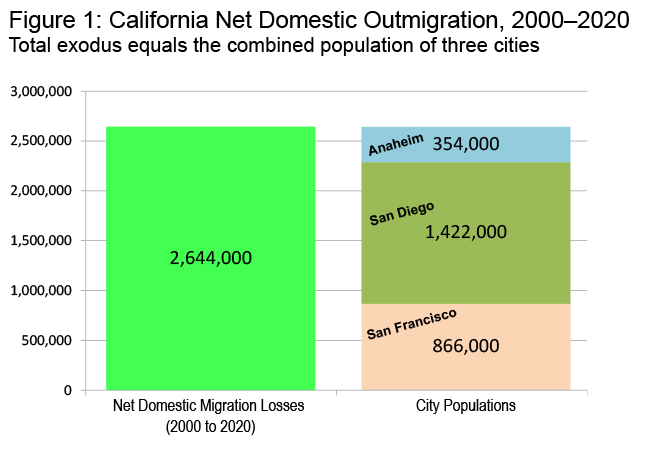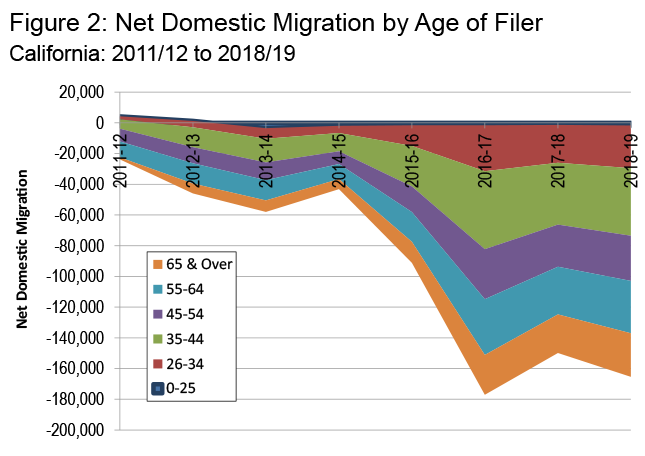In a world that seems to be divided between neoliberal orthodoxy and identitarian dogmas, it is possible to miss the waning presence of traditional social democracy. Born of the radical Left in Marx’s own time, social democrats worked, sometimes with remarkable success, to improve the living standards of working people by accommodating the virtues of capitalism. Today, that kind of social democracy—learned at home from my immigrant grandparents and from the late Michael Harrington, one time head of the American Socialist Party—is all but dead. This tradition was, in retrospect, perhaps too optimistic about the efficacy of government. Nevertheless, it sincerely sought to improve popular conditions and respected the wisdom of ordinary people.
In its place, we now find a kind of progressivism that focuses on gender, sexual preference, race, and climate change. Abandoned by traditional Left parties, some voters have drifted into nativist—and sometimes openly racist—opposition while more have simply become alienated from major institutions and pessimistic about the future.
The revolution in class relations
Social democracy was a product of the inequities of the industrial era and the consequent solidarity that flourished among working people. This often resulted in greater justice for racial minorities. The German Social Democrat Eduard Bernstein developed an “evolutionary” ideology based on gradualism, practical results, and a commitment to democratic norms. Observing late-19th century Britain, where unions were accepted even in business circles, Bernstein noticed that working conditions, contrary to Marxist dogma, were steadily improving. He believed that the proletariat was evolving from an oppressed underclass into a more upwardly mobile group, whose goal was to find “an appropriate status in industrial society.” For their efforts, Social Democrats were denounced as “social fascists” by Stalin, and Antifa’s predecessors—the German Antifaschistische Aktion—spent at least as much time fighting them as fighting the Nazis. A fatal error.
After the Second World War, however, social democrats enjoyed considerable success while the remarkable productivity of the private sector helped transform the once-forlorn proletariat into something more bourgeois in aspiration. A study covering the United Kingdom, the Netherlands, and the United States shows that all three saw a rapid decline in the concentration of wealth until the 1970s. Their program focused on physical needs such as boosting access to electricity and improving public health and education.
Never before had so much prosperity and relative economic security been so widely enjoyed. By the 1960s, the American labor movement could boast of “developing a whole new middle class,” said Walter Reuther, president of the United Auto Workers. Industrial laborers could afford to buy homes, send their kids to college, and live the kind of life only the affluent had previously enjoyed. Western Europe benefited from the same process—economic growth helped finance a welfare state that provided greater security and improved the prospects of most families; the rapid growth of export industries, in particular, was an integral part of the original Swedish social model of increasing wages without inflation.
Starting in the 1970s, such things as foreign competition, mass immigration from developing countries, automation, and the growing financialization of economic power undermined this progress. In the United States, data from the Census Bureau show that the share of national income going to the middle 60 percent of households has fallen to a record low since the 1970s. Wealth gains in recent decades have gone overwhelmingly to the top one percent of households, and especially to the top 0.5 percent. Social mobility has declined in over two-thirds of European Union countries, including Sweden. Across the 36 wealthier countries of the Organization for Economic Cooperation and Development, the richest citizens have taken an ever-greater share of national GDP while the middle class has shrunk. Much of the global middle class is heavily in debt—mainly because of high housing costs—and “looks increasingly like a boat in rocky waters,” suggests the OECD.
Parties repositioning
One might assume that this concentration of wealth would energize traditional working class parties—Labour in Britain and Australia, the Liberals in Canada, the Democrats in the US—but they shifted their focus away from blue-collar and lower-middle-class workers. Instead, leftwing parties are increasingly peopled by, and cultivated support from, the well-educated professional class—now an estimated 15 percent of the US work force—along with the corporate elites and academic clerisy. These classes have done well over the past few decades, while the traditional lower-middle and working classes have languished.
Read the rest of this piece at Quillette.
Joel Kotkin is the author of The Coming of Neo-Feudalism: A Warning to the Global Middle Class. He is the Presidential Fellow in Urban Futures at Chapman University and Executive Director for Urban Reform Institute. Learn more at joelkotkin.com and follow him on Twitter @joelkotkin.
Photo credit: Nicolas Nieves-Quiroz via Unsplash under CC0 1.0 License.


